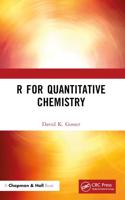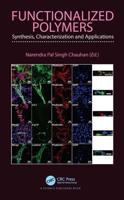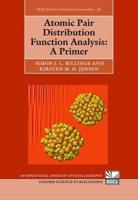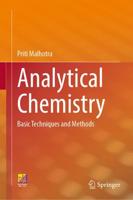Publisher's Synopsis
Discover theoretical, methodological, and applied perspectives on electron density studies and density functional theory
Electron density or the single particle density is a 3D function even for a many-electron system. Electron density contains all information regarding the ground state and also about some excited states of an atom or a molecule. All the properties can be written as functionals of electron density, and the energy attains its minimum value for the true density. It has been used as the basis for a quantum chemical computational method called Density Functional Theory, or DFT, which can be used to determine various properties of molecules. DFT brings out a drastic reduction in computational cost due to its reduced dimensionality. Thus, DFT is considered to be the workhorse for modern computational chemistry, physics as well as materials science.
Electron Density: Concepts, Computation and DFT Applications offers an introduction to the foundations and applications of electron density studies and analysis. Beginning with an overview of major methodological and conceptual issues in electron density, it analyzes DFT and its major successful applications. The result is a state-of-the-art reference for a vital tool in a range of experimental sciences.
Readers will also find:
- A balance of fundamentals and applications to facilitate use by both theoretical and computational scientists
- Detailed discussion of topics including the Levy-Perdew-Sahni equation, the Kohn Sham Inversion problem, and more
- Analysis of DFT applications including the determination of structural, magnetic, and electronic properties
Electron Density: Concepts, Computation and DFT Applications is ideal for academic researchers in quantum, theoretical, and computational chemistry and physics.










